Change Healthcare Breach Hits 100M Americans
Krebs on Security
OCTOBER 30, 2024
Change Healthcare says it has notified approximately 100 million Americans that their personal, financial and healthcare records may have been stolen in a February 2024 ransomware attack that caused the largest ever known data breach of protected health information. ” On Oct 22, the healthcare giant notified the U.S.


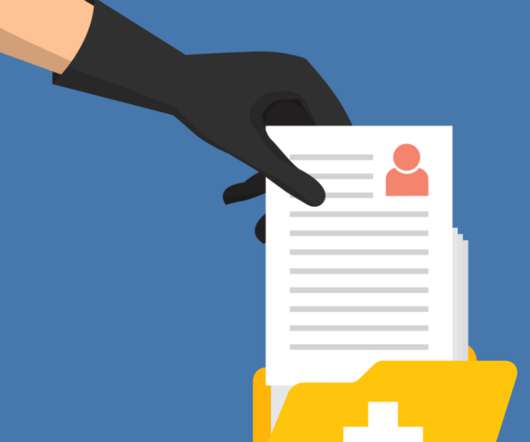
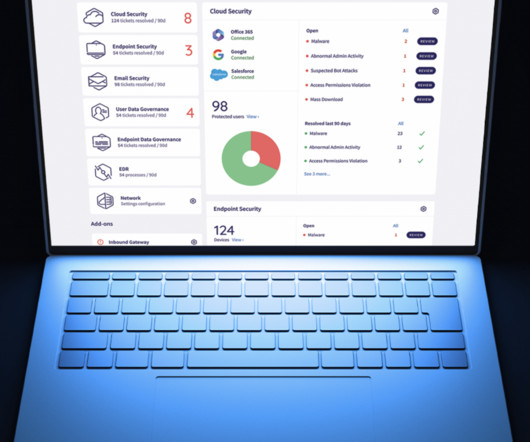




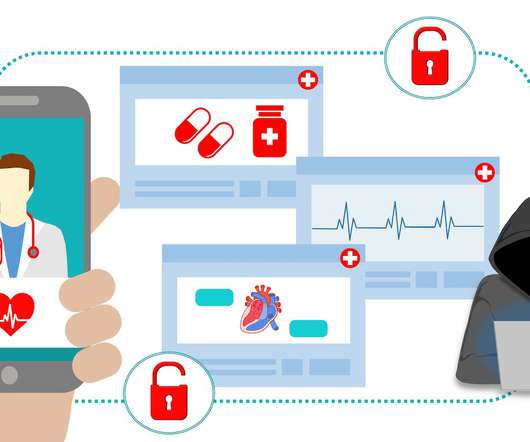
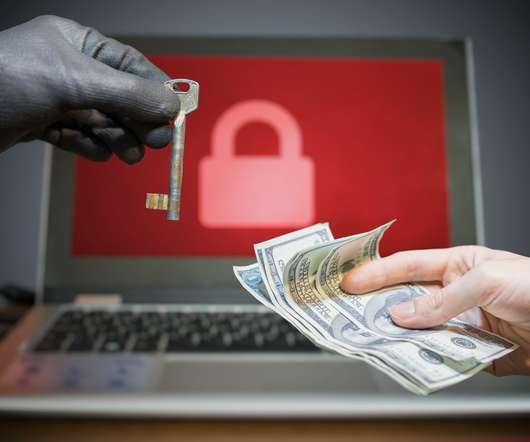
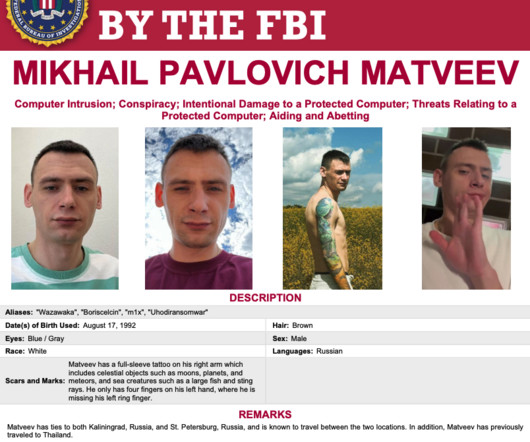





Let's personalize your content